Introducing Serbia to Steemit; #Serbiaweek; Day 3: Top 10 most significant Serbs
Serbia was a motherland of many people who left a mark both in Serbia and in the world. I think that some of them, deserve a special place in this #Serbiaweek. I have to honest, I had a very difficult job choosing top 10 most significant Serbs and I hope I did it well.
SVETI SAVA - Saint Sava (1174-1236)
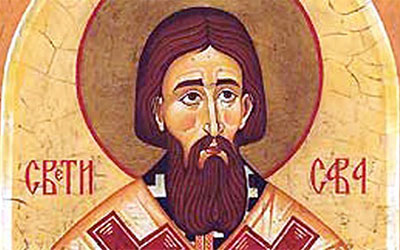
Saint Sava, known as The Enlightener was a Serbian prince and Orthodox monk, the first Archbishop of the autocephalous Serbian Church, the founder of Serbian law and a diplomat. Sava, born as Rastko, was the youngest son of Serbian Grand Prince Stefan Nemanja (the founder of Nemanjić dynasty who ruled Serbia for 200 years). Rastko left for Mount Athos (Greece) where he became a monk, with the name Sava. At Athos, he established the monastery of Hilandar, which became one of the most important cultural and religious centres of the Serbian people. In 1219. he was recognized as the first Serbian Archbishop by the Patriarchate. He is widely considered as one of the most important figures of Serbian history. The Church of Saint Sava in Belgrade (I wrote it about in "10 things to see in Serbia") is dedicated to him, built where the Ottomans burnt his remains in 1594.DUŠAN SILNI - Dušan the Mighty (1308-1355)
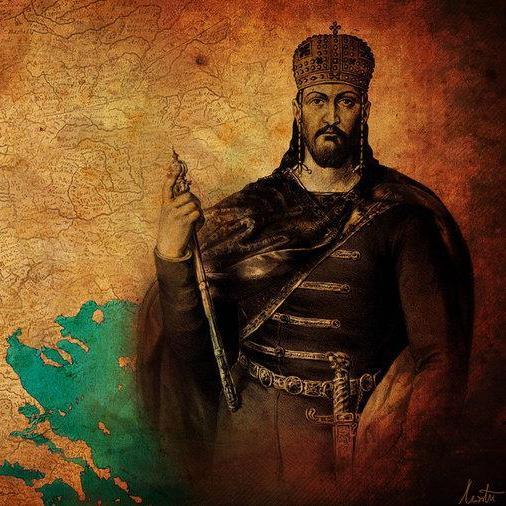
Stefan Uroš IV Dušan, known as Dušan the Mighty was the king of Serbia from 1331. and Emperor of the Serbs and Greeks from 1346. until his death. He conquered a large part of southeast Europe, becoming one of the most powerful monarchs of the era. Dušan enacted the constitution of the Serbian Empire, known as Dušan's Code. Under his rule Serbia reached it's territorial, political, economical and cultural peak.KARAĐORĐE - "Black George" (1768-1817)
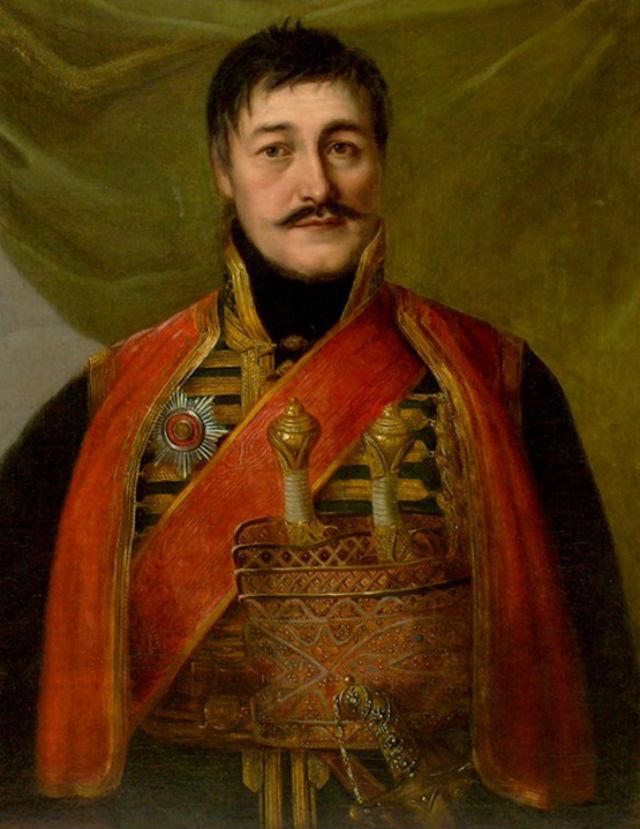
Đorđe Petrović, better known as Karađorđe (Black George), was a Serbian revolutionary leader who fought for his country's independence from the Ottoman Empire during the First Serbian Uprising of 1804-1813. He was the founder of later royal dynasty Karađorđević. A statue of Karađorđe stands in front of Church of Saint Sava, within the eponymous Karađorđe's Park. Also, a breaded rolled steak was named in his honor.VUK STEFANOVIĆ KARADŽIĆ (1787-1864)
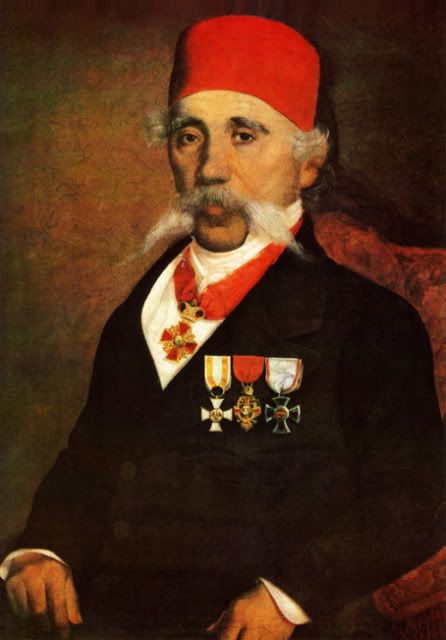
He was a Serbian philogist and linguist who was the major reformer of the Serbian language. Vuk was also the author of the fist Serbian dictionary in his new reformed language. In addition, he translated the New Testament into the reformed form of the Serbian language.JOVAN RISTIĆ (1831-1899)
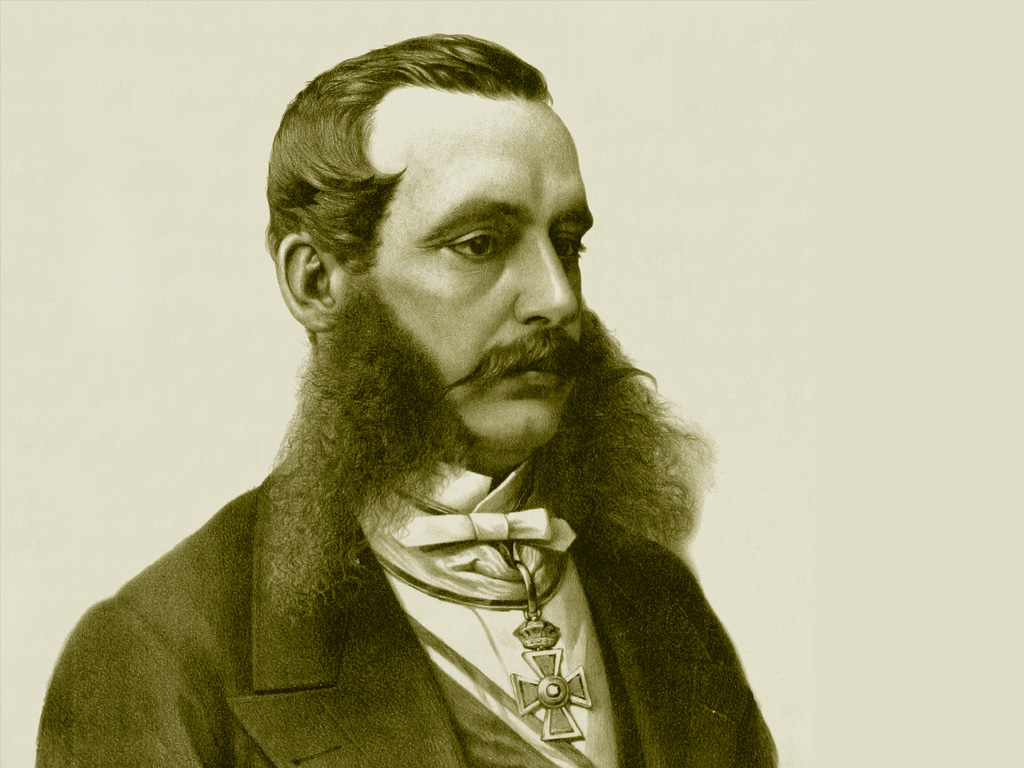
Jovan was a Serbian statesman, diplomat and historian. At the Congres of Berlin, Ristić labored with success to obtain greater advantages for Serbia than had been accorded to her by the Treaty of San Stefano. The provisions of the Treaty of Berlin provides Serbia with no more then 3860 square miles of new territory and a proclamation of complete independence from Turkey (Serbia was under Turkish authority for 5 centuries).NIKOLA TESLA (1856-1943)
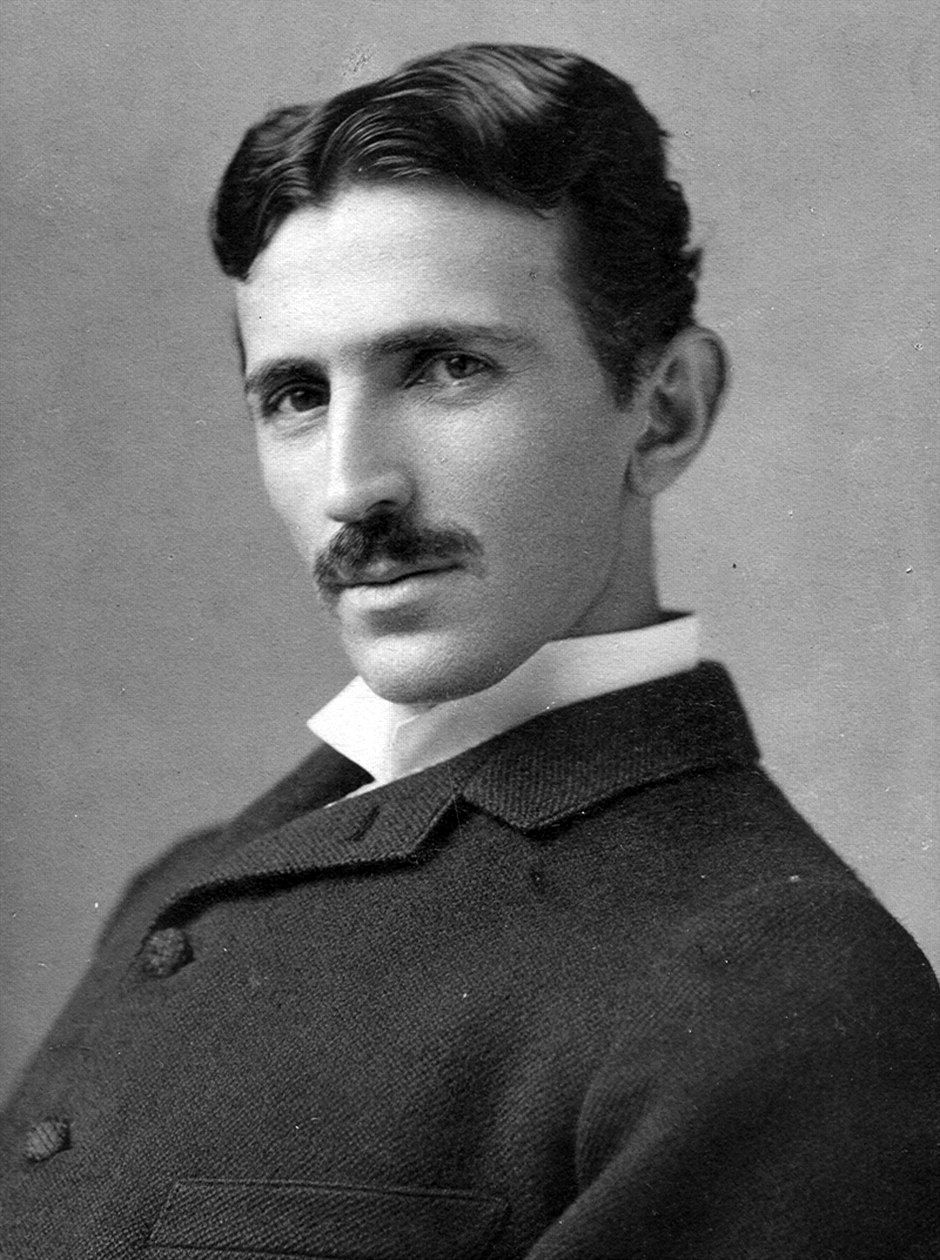
Nikola Tesla was an inventor, electrical engineer, mechanical engineer, physics and futurist who is best known for his contributions to the design of the modern alternating current (AC) electricity supply system. Attempting to develop inventions he could patent and market, Tesla conducted a range of experiments with mechanical generators, electrical discharge tubes and early X-ray imaging. He also built a wireless-controlled boat, one of the first ever exhibited. Throughout the 1890s Tesla pursued his ideas for wireless lighting and worldwide wireless electric power distribution on his high-voltage, high-frequency power experiments in New York and Colorado Springs. Tesla made pronouncements on the possibility of wireless communication with his devices. He tried to put these ideas to practical use in his unfinished Wardenclyffe Tower project, but run out of funding before he could complete it.MIHAJLO PUPIN
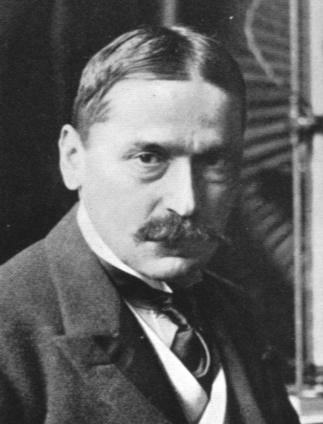
Mihajlo was a Serbian American physical chemist. He is best known for his numerous patents, including a means of greatly extending the range of long-distance telephone communication by placing loading coils at predetermined intervals along the transmitting wire. Pupin was a founding member of National Advisory Committee for Aeronautics (NACA), which later became NASA. In 1924. he won a Pulitzer Prize for his autobiography. He was elected a president or vice-president of the highest scientific and technological institutions such as the American Institute of Electrical Engineers, the New York Academy of Science, the Radio Institute of America.. He was also a honorary consul of Serbia in the USA from 1912-1920.MILUTIN MILANKOVIĆ (1879-1958)
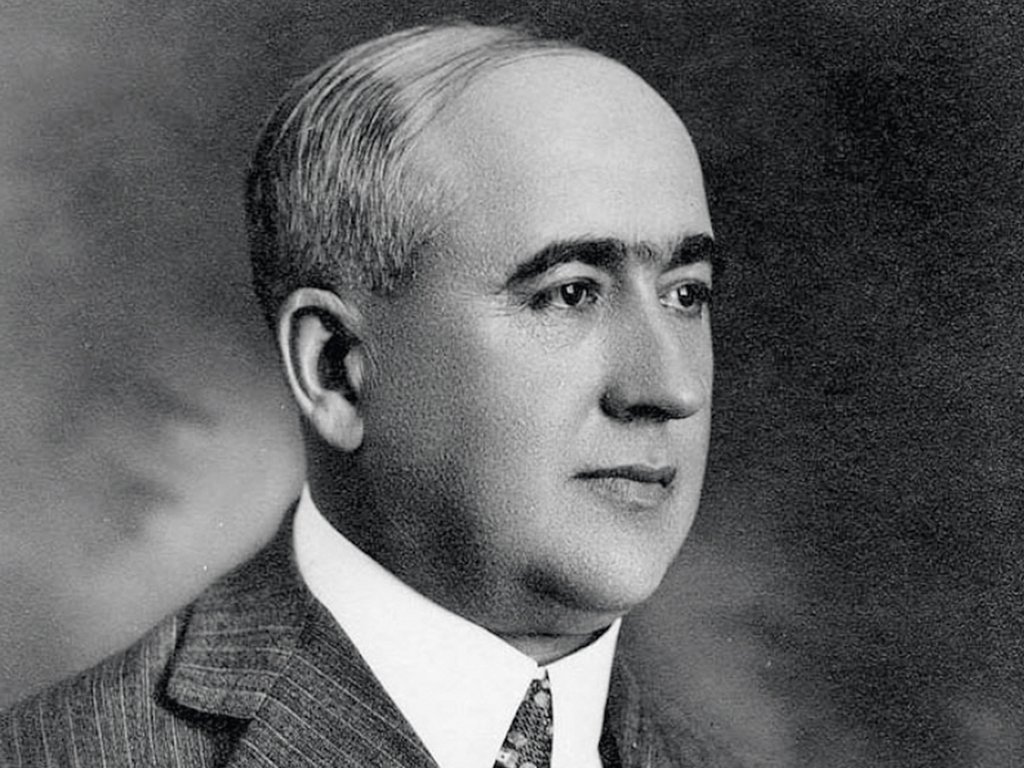
Milutin Milanković was a Serbian mathematician, astronomer, climatologist and geopghysicst. He gave two fundamental contributions to global science. The first is the "Canon of the Earth's Insolation"" which characterizes the climates of all the planets of the Solar system. The second contribution is the explanation of Earth's long-term climate changes caused by changes in the position of the Earth in comparison to the Sun. This explained the ice age as well as the climate change on the Earth which can be expected in the future. He also calculated temperature conditions on Mercury, Venus, Mars and the Moon.ŽIVOJIN MIŠIĆ (1855-1921)
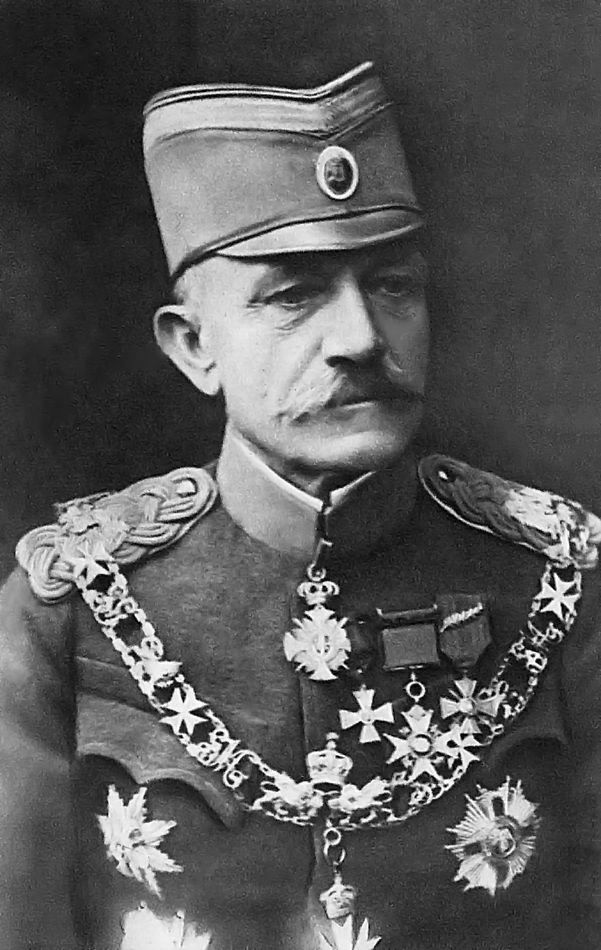
Živojin Mišić was a Field Marshal who participated in all of Serbia's wars from 1876-1918. He directly commanded the First Serbian army in the Battle of Kolubara and in breach of the Supreme Command. He was also a lecturer at the Military Academy in Belgrade, and the end of his military career was greeted in 1918. with appointment as the Chief of General Stuff of Army of the Kingdom of Serbs, Croats and Slovenes.IVO ANDRIĆ (1892-1975)
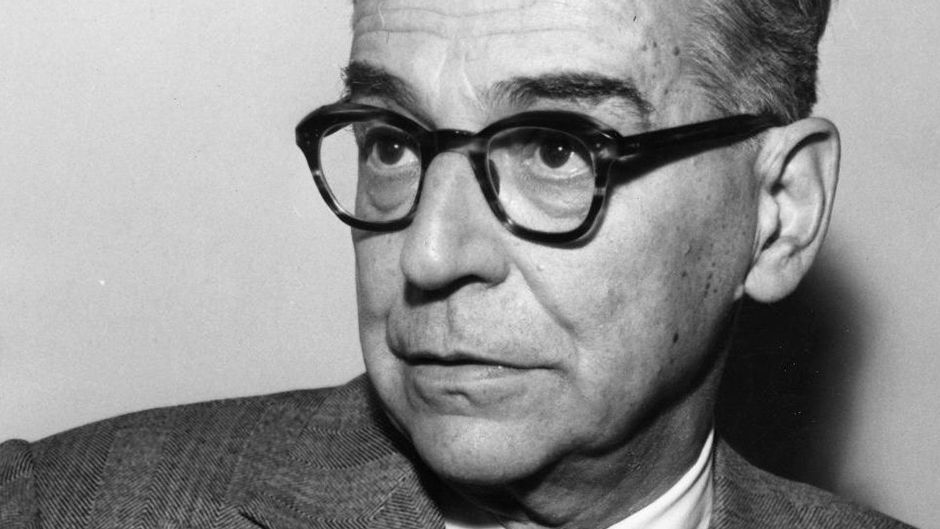
He was a Yugoslav novelist, poet and short story writer who won the Nobel Prize in Literature. He worked in the diplomatic service of the Kingdom of Yugoslavia from 1920-1923. and again from 1924-1941.. In 1939. he became Yugoslavia's ambassador to Germany but his tenure ended in April 1941. with the German-led invasion of Yugoslavia.
photo source: Google Image
thanks to sharing this
Thank you for posting this.
Between you and @gorangoran, I will be more prepared when I finally make it to Serbia:)
I am glad that you like it :)